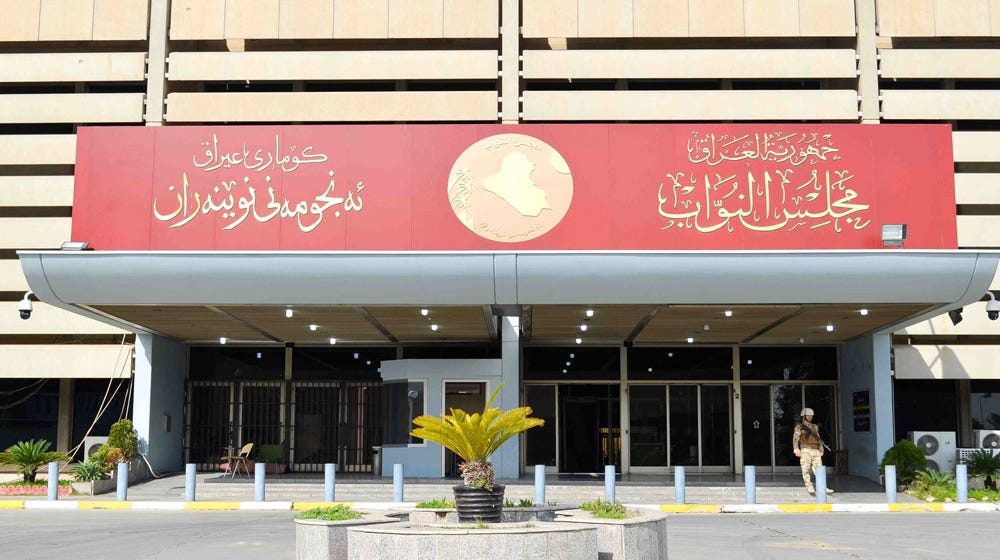Personal Status Law bill revised to address rights concerns
Iraq’s parliament has made significant revisions to the proposed Personal Status Law (PSL) bill, following opposition from MPs and activists concerned about the implications for women’s and children’s rights.
The revised bill was put before a vote in the chamber on Monday, but the session was derailed by a disagreement over tying the passage of the PSL b…


